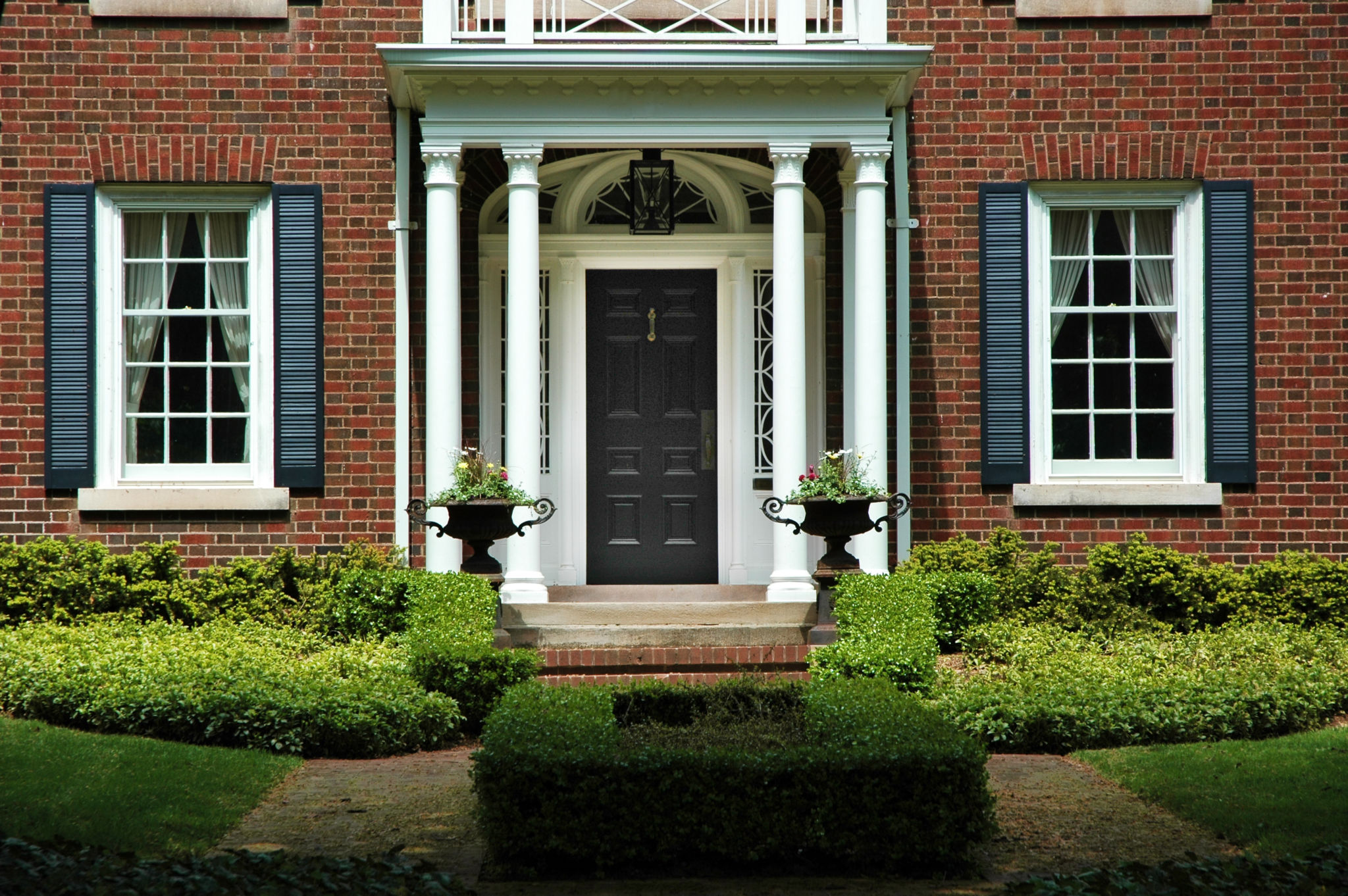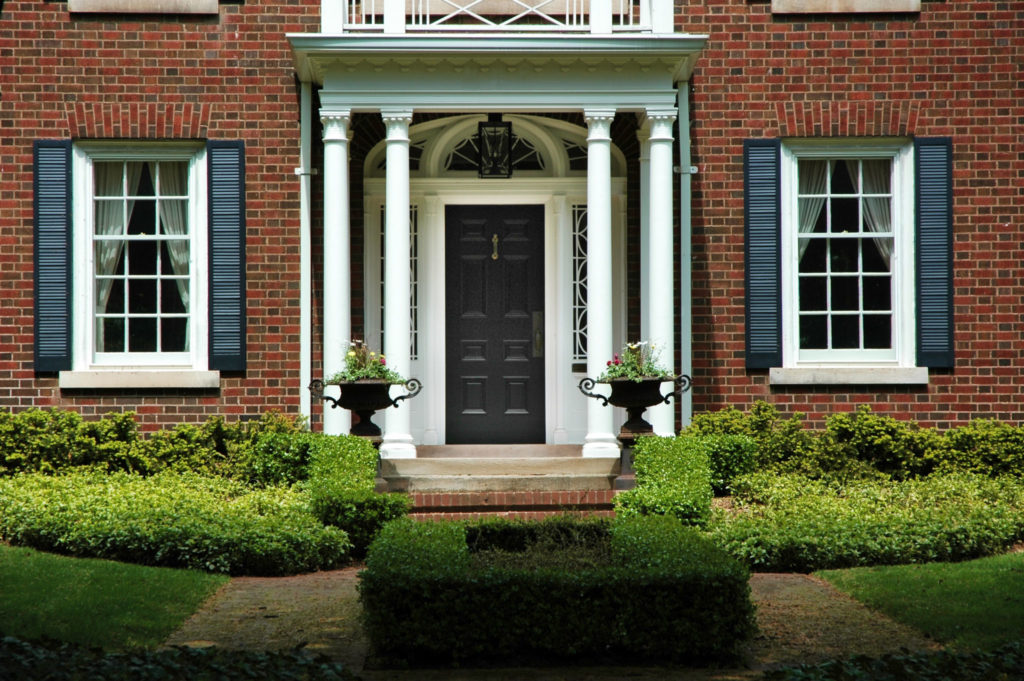Take a trip across the street and then take a good long look at your house. What you’re seeing is your home’s curb appeal, the lack of which can be detrimental to the successful sale of the home – at least for the amount of money you hope to make.
Homebuyers shopping online want to see photos and they’ll judge your home first by its exterior. Many won’t go on to view interior photos if the exterior is unattractive.
What do potential buyers see when they view your home from the curb? Does it compel them to leave the car and venture into the interior or does it cause them to drive off to the next listing? If the latter is the case, get to work amping up your home’s exterior appeal.
Follow some simple guidelines
Landscaping near and around the home’s entry requires a focus on three aspects, according to Environmental Landscape Associates (ELA), a Pennsylvania landscape design firm:
- Principles
- Program
- Elements
Principles of landscape design
The most important principle, according to the firm, is that the landscape’s design synchronizes with the architectural style of the home. In other words, avoid elements of a formal garden in front of a ranch-style home.
Second in importance when considering landscape principles is ensuring that “the front door is prominently visible and the landscape provides the visitor clues and signals for how to get there,” suggests ELA. Make it easy for potential buyers to get out of the car, approach the home and enter it.
Your landscape design program
How will you utilize the space? The “program” part of the process includes answering this question. Is the entry way merely for ingress and egress from the home or will you use the front porch for entertaining? The program also includes determining your focal point. If you’re selling the home, consider making the porch or front door the home’s focal point.
Landscape design elements
What elements will you incorporate into your design? Think about both the hardscape elements, such as pavers and lights, and which plants you’ll use. Remember, all elements should tie into the home’s architectural style.
Going formal?
The formal entry way is best defined by keeping everything organized and in symmetry. The easiest way to do this is to keep both sides of the entry way identical.
Shaped hedges and patterned hardscapes will also lend a formal, balanced feel to the area. Don’t neglect the area near the front door. Even identical planters and plants on either side of the door will help illustrate the landscape’s design.
Keeping it casual
Obviously, rules for a formal entryway don’t apply here so get as creative as you like. Irregular patterns, mismatched shrubbery and more casual edging materials all lend a relaxed feel.
Soften hard edges, such as walkway surfaces, by lining them with plants that bloom in pastel colors (dusty miller comes to mind) or with coleus, hosta or other plants with interesting foliage.
Plant placement
When the focus is the entryway, plant placement becomes critical. Large plants should be placed at both ends of the home and small plants closer to the front door with medium sized in between.
When grouping plants for a formal design, place them in even numbers, suggests University of Missouri Extension agents. Use odd-numbered plants in informal entryway groupings.
The path to your front door, known as your home’s welcoming “handshake” according to Sunset Magazine, should be landscaped to match or complement your home’s architecture.
Naturally if you’re planning on staying put in the house for some time, you’ll want to find a way to blend design rules with your personal taste. If you plan on putting the home on the market, however, curb appeal trumps your taste.

